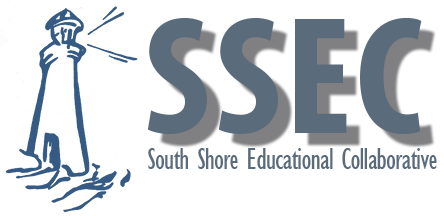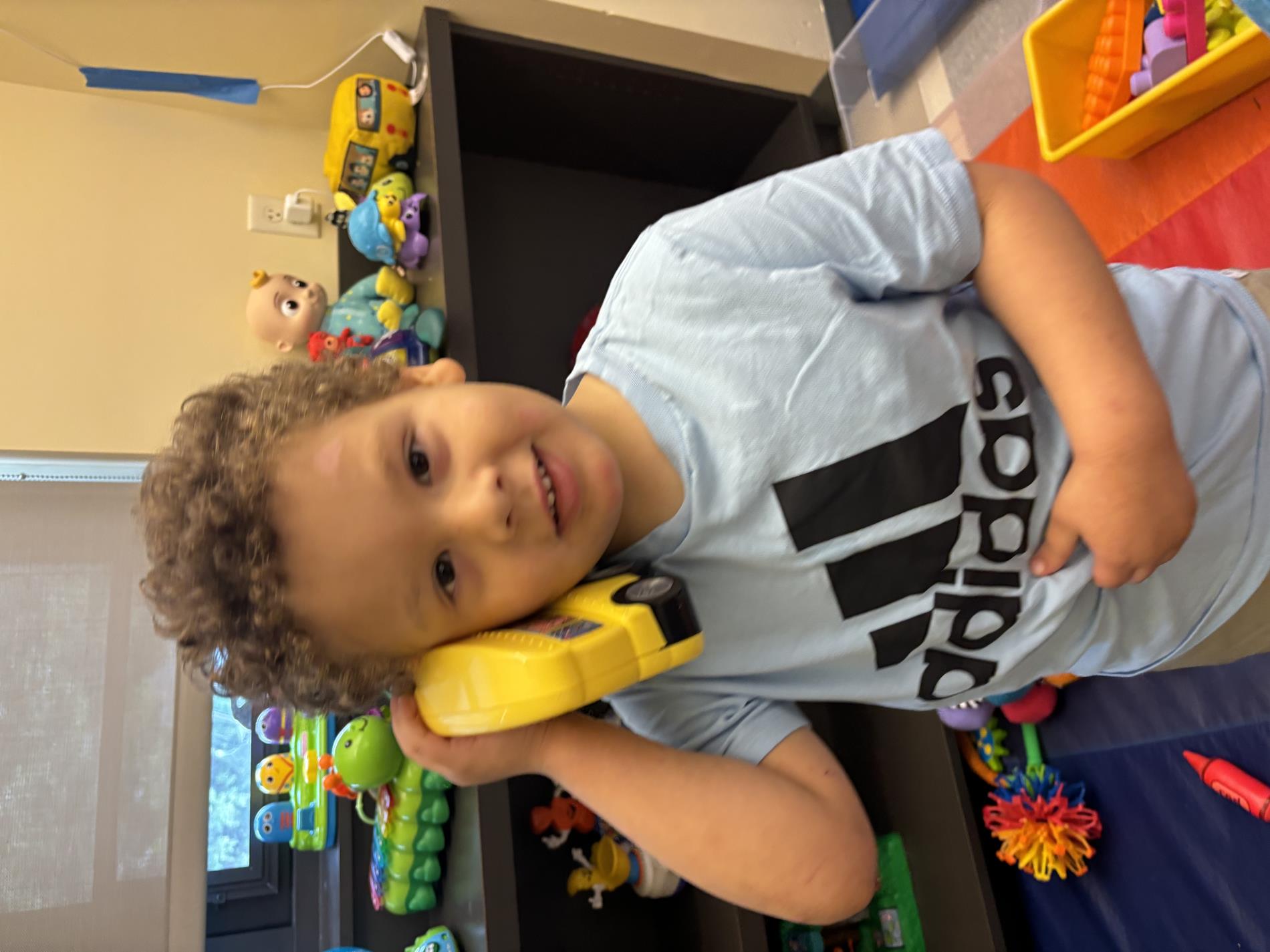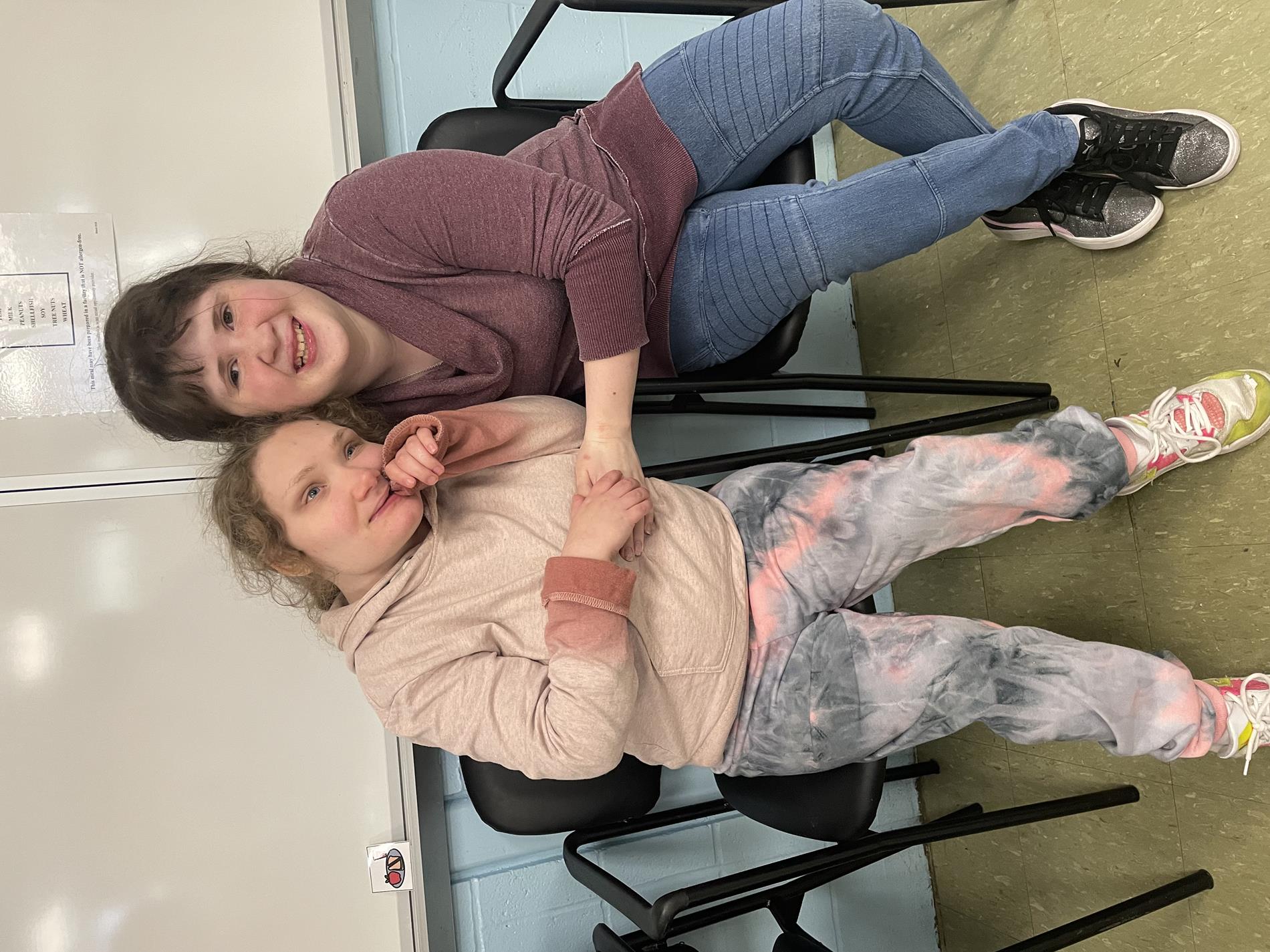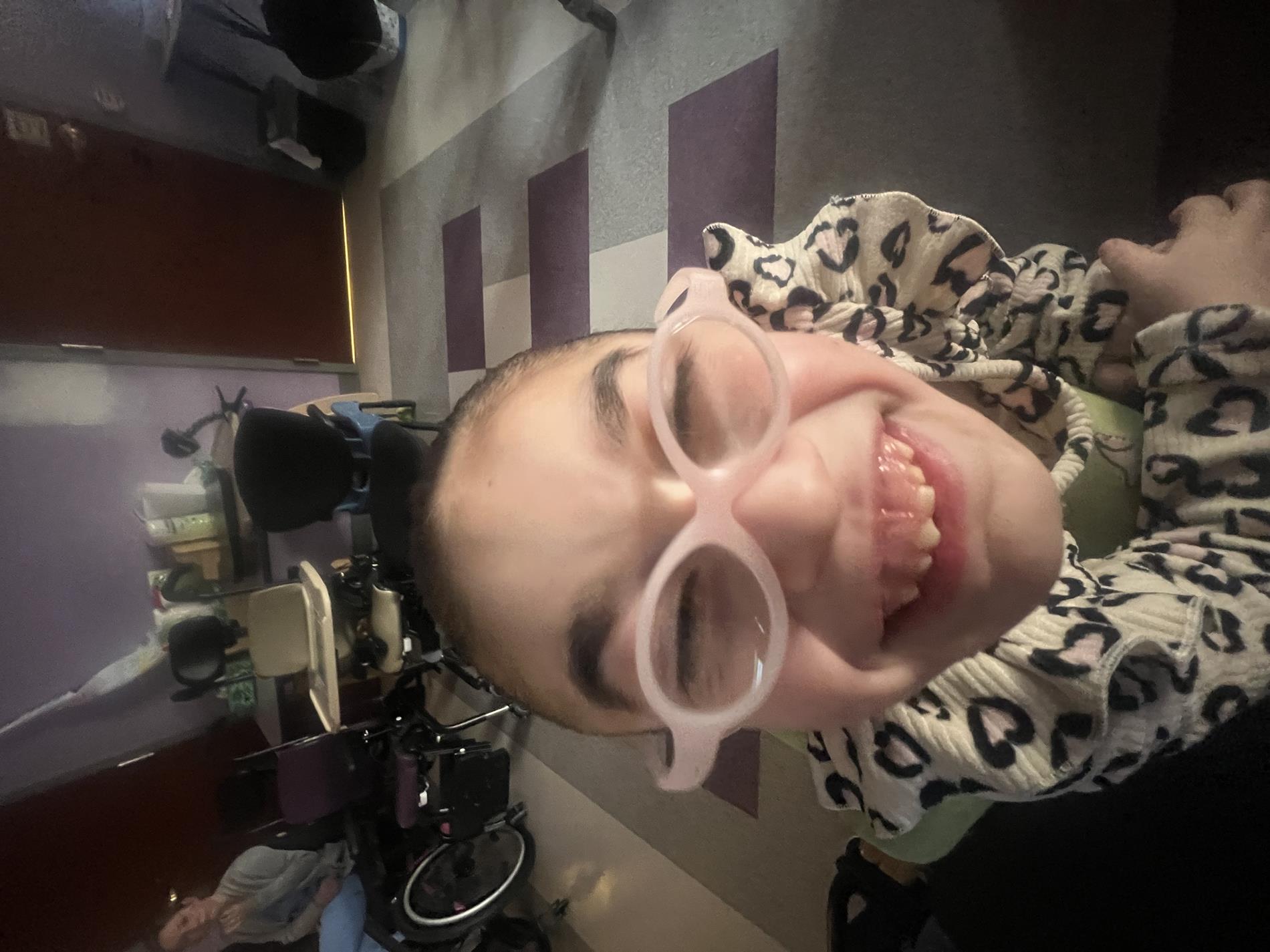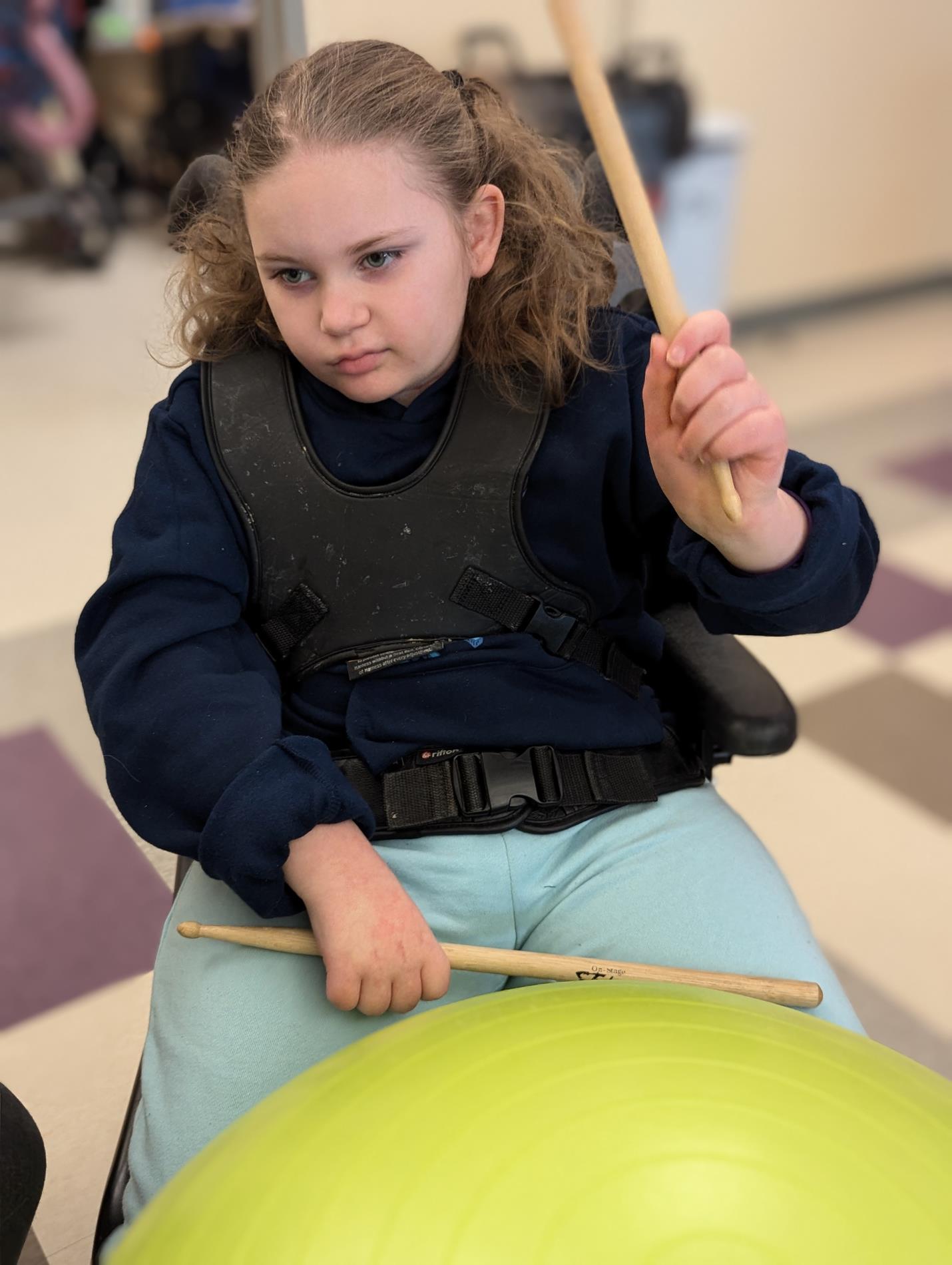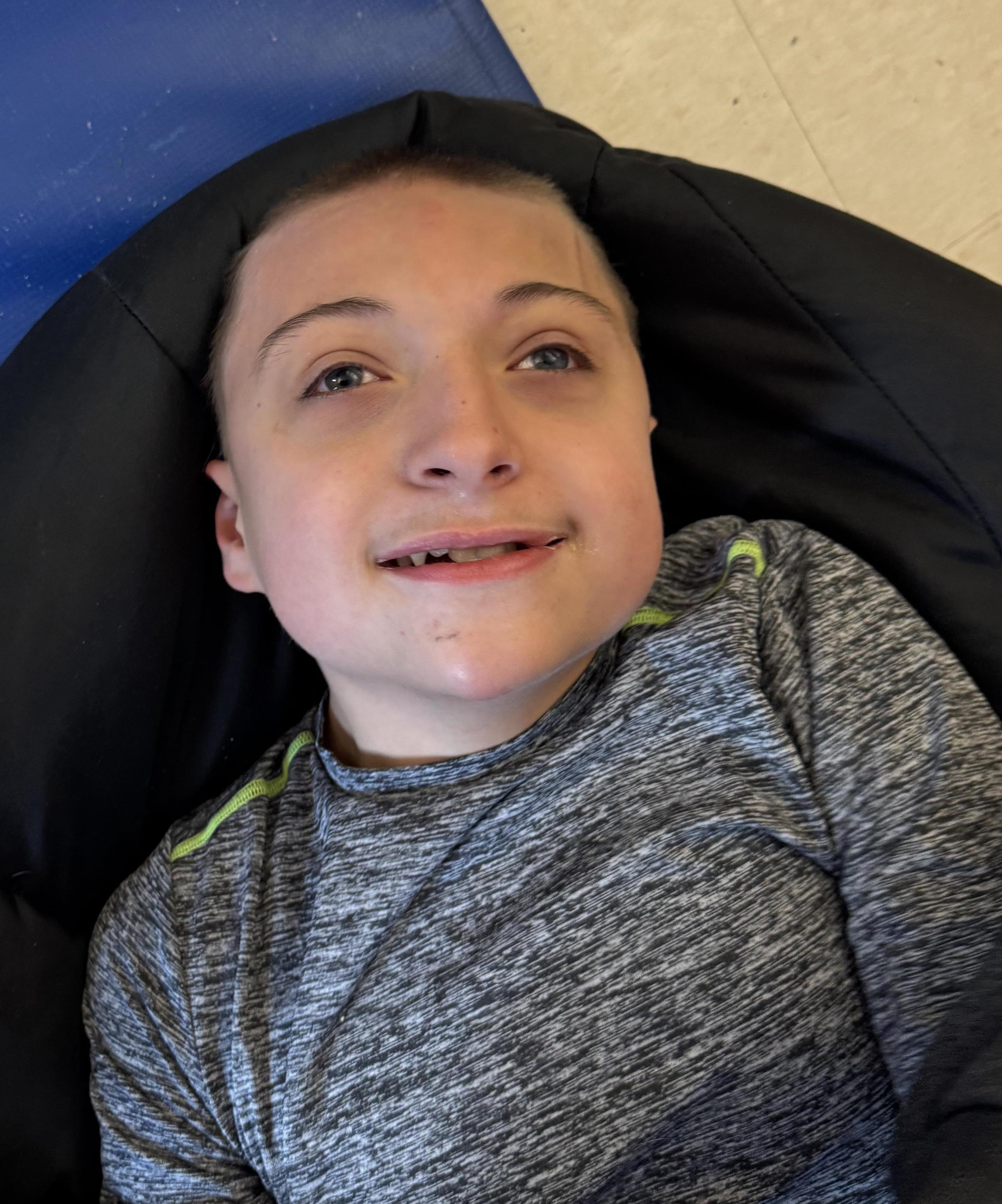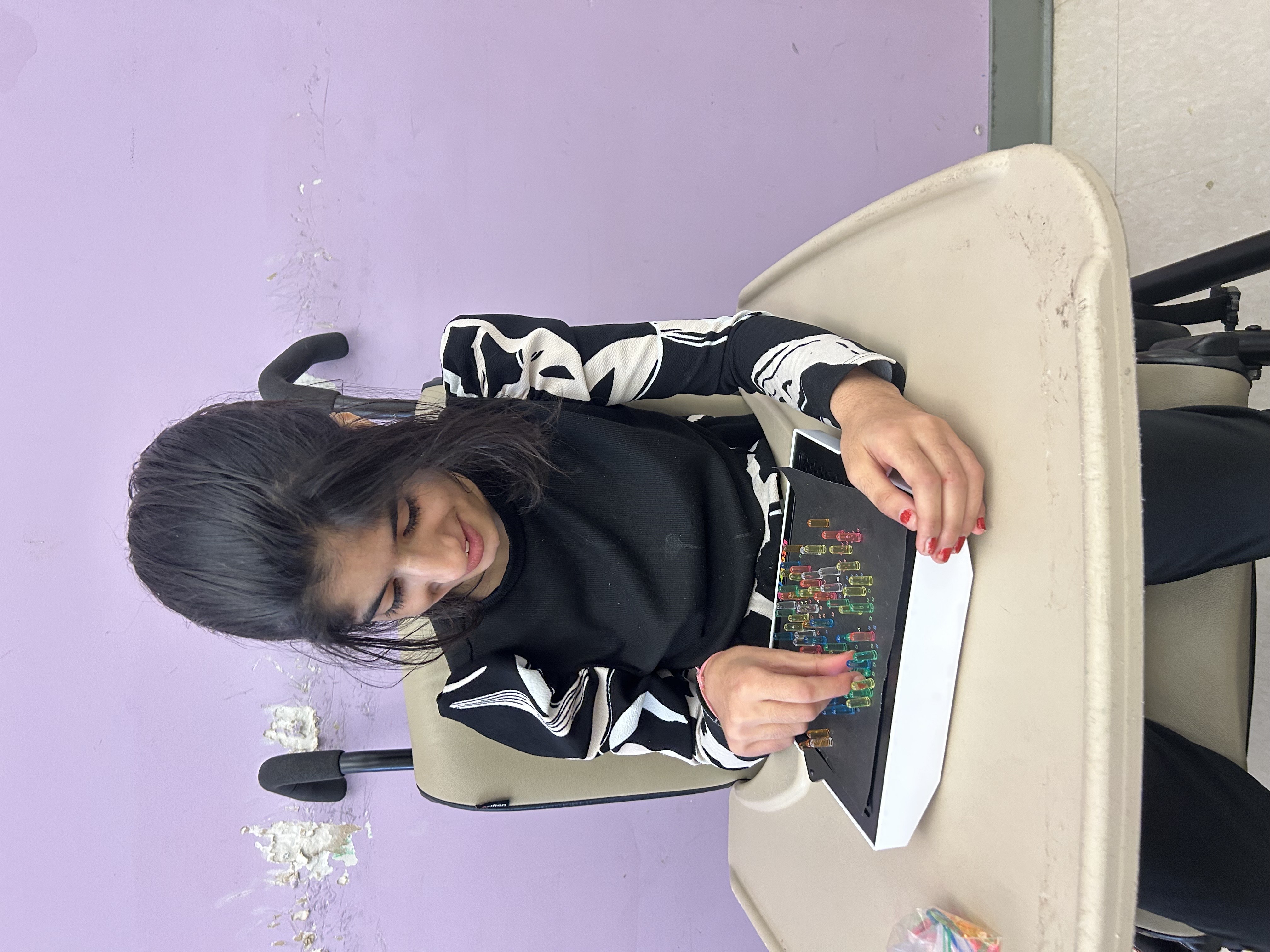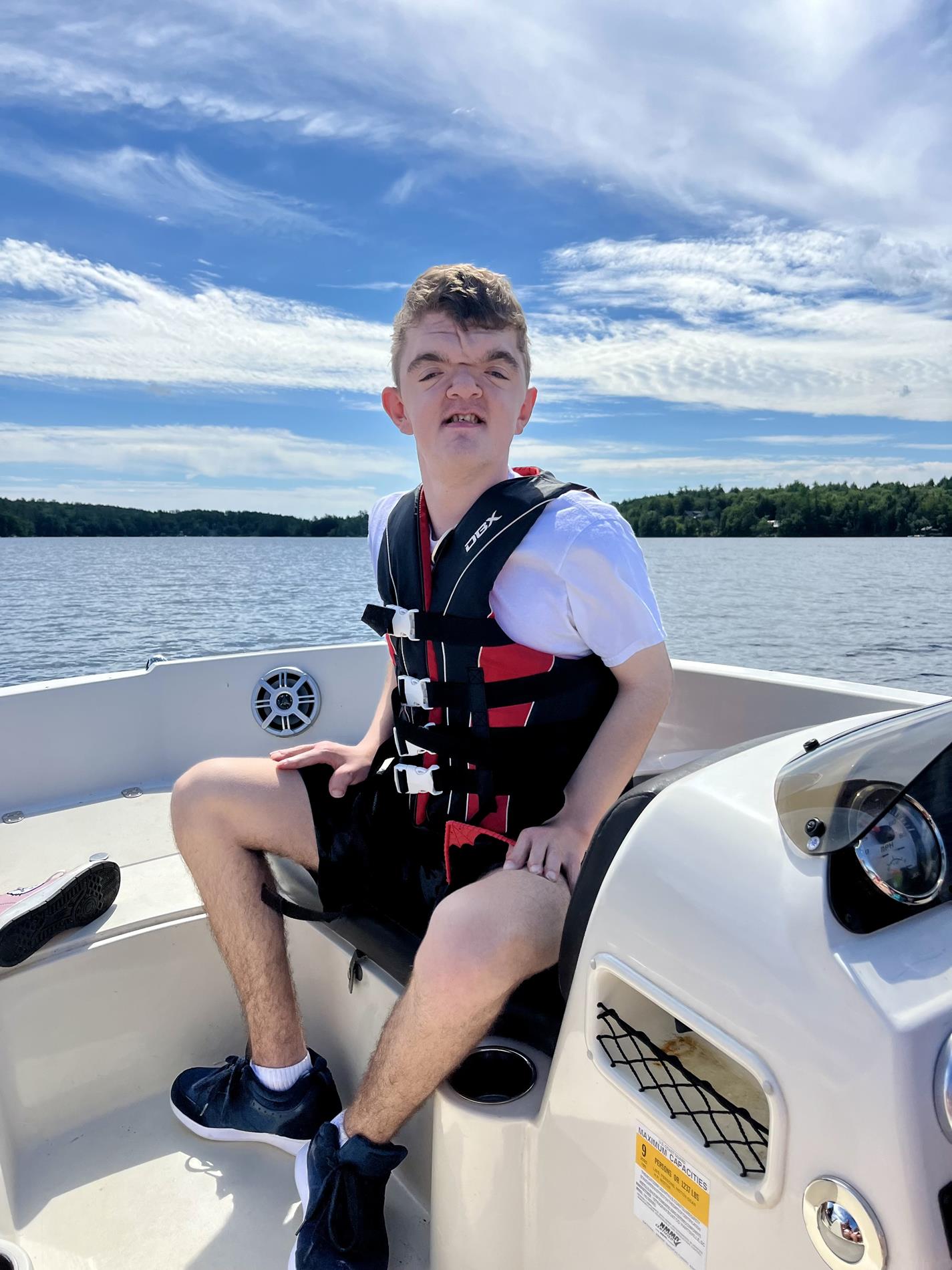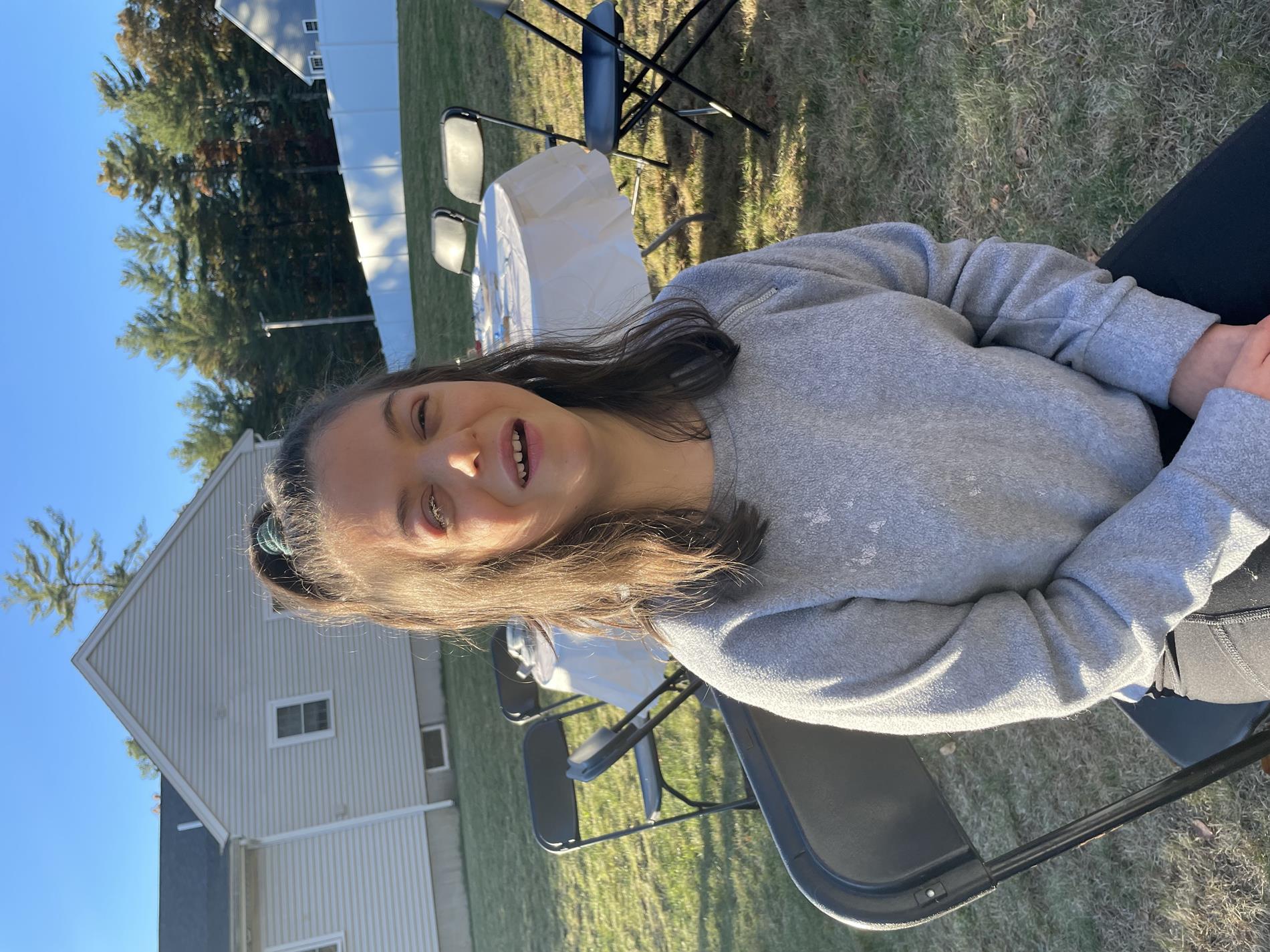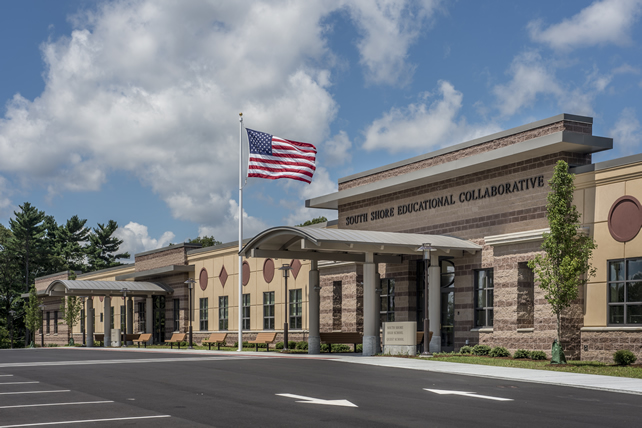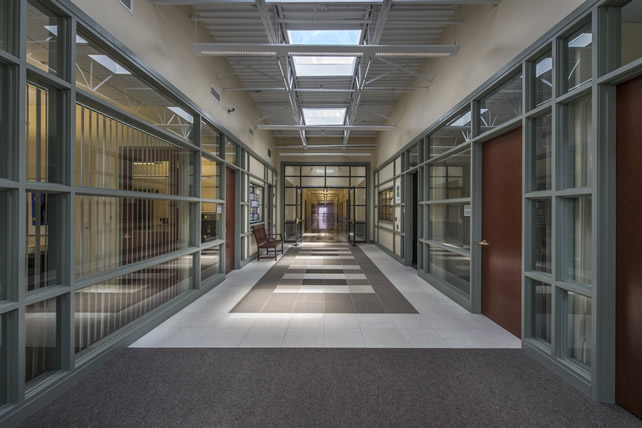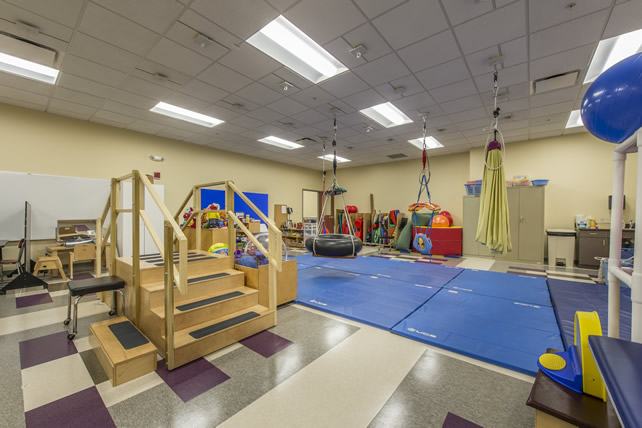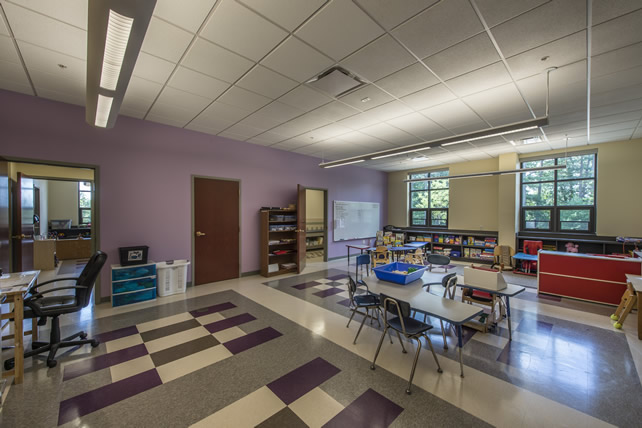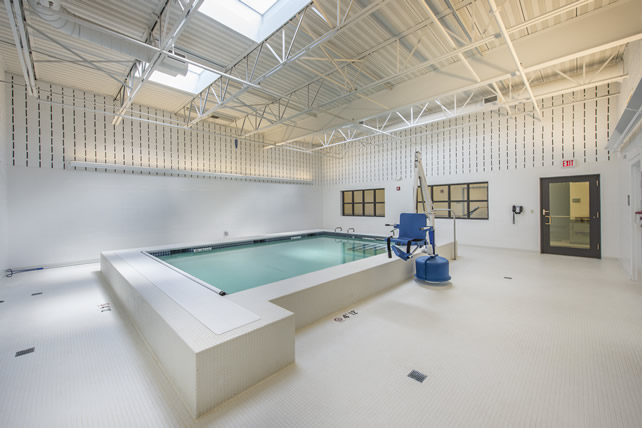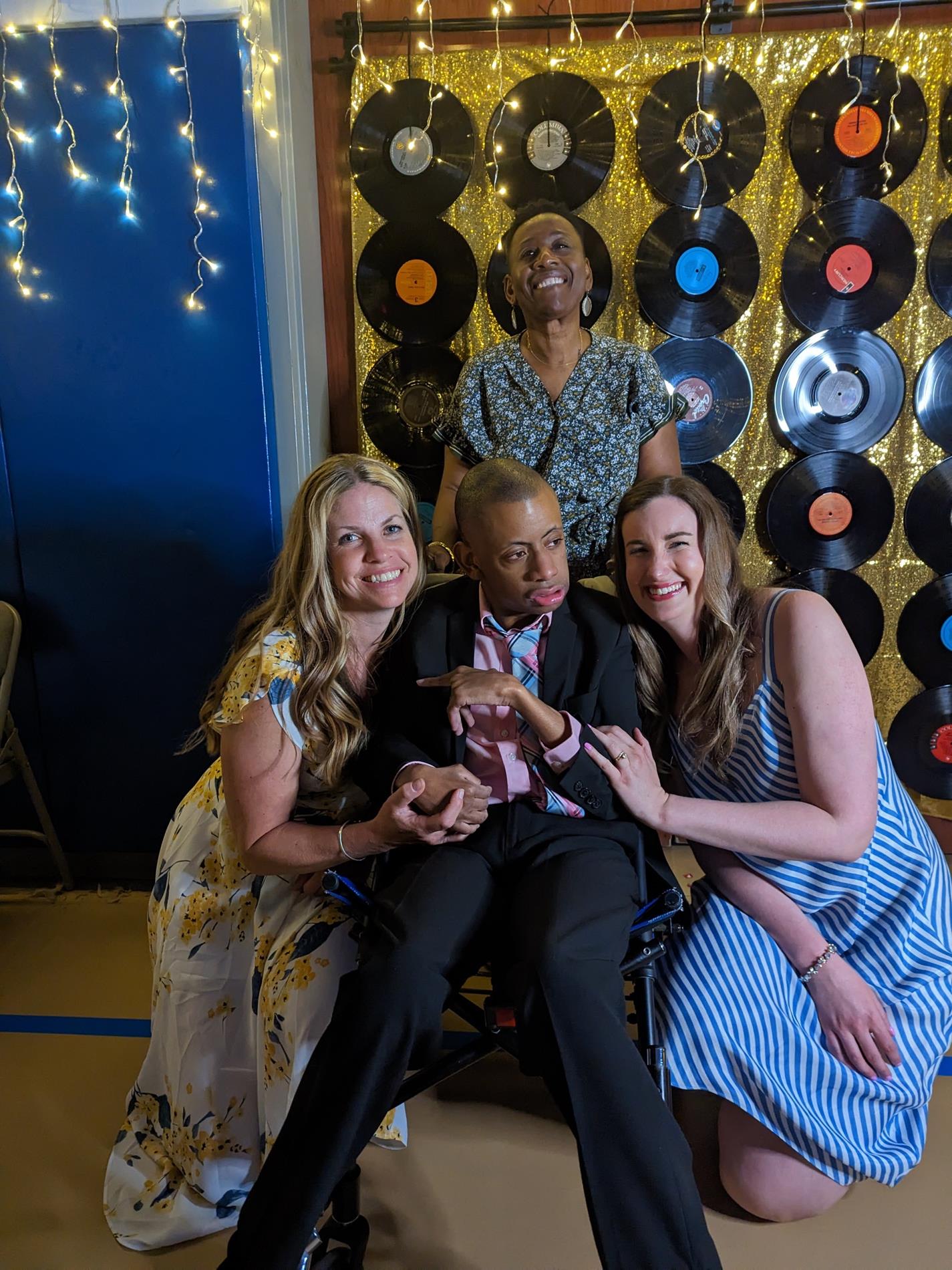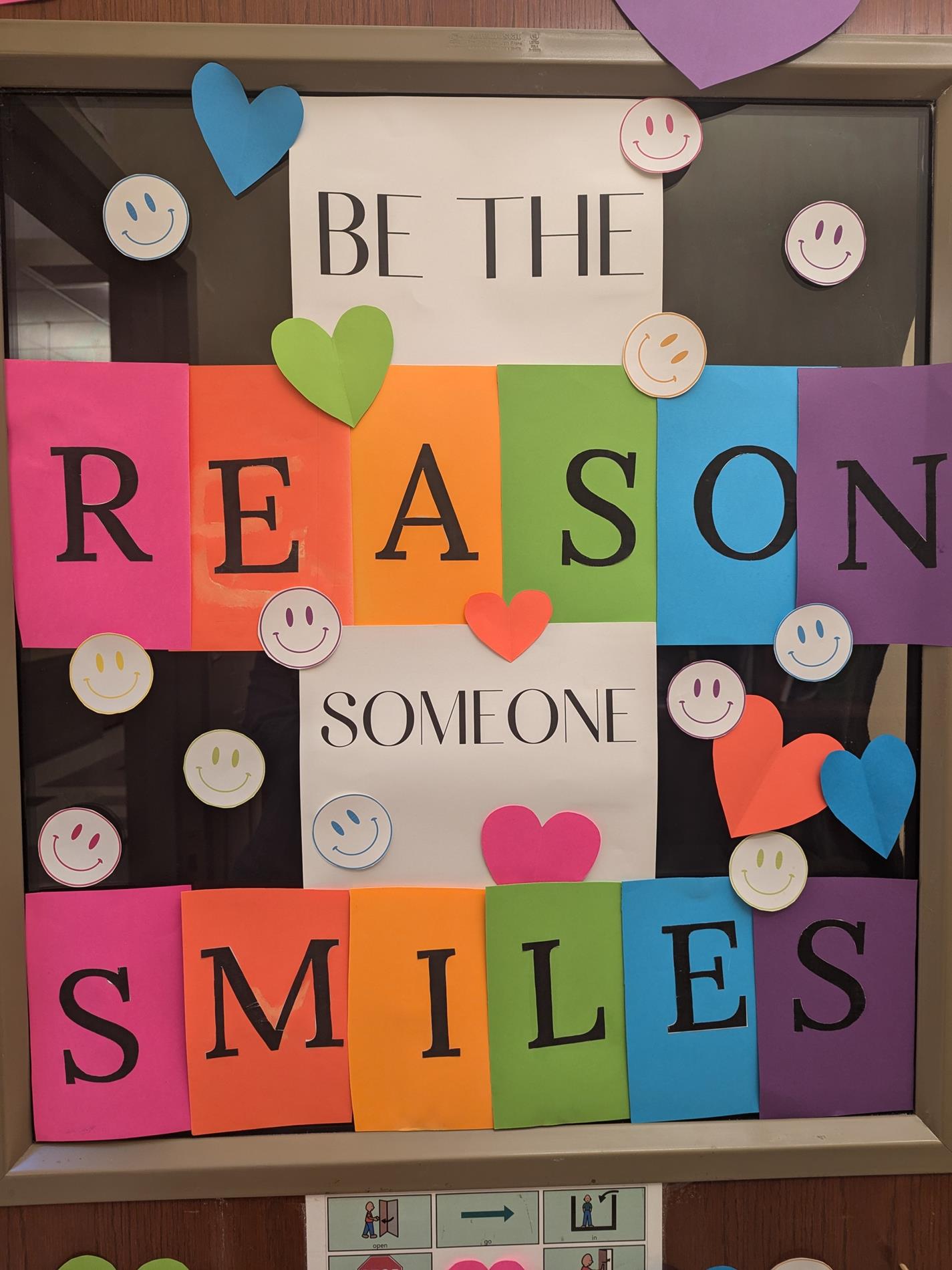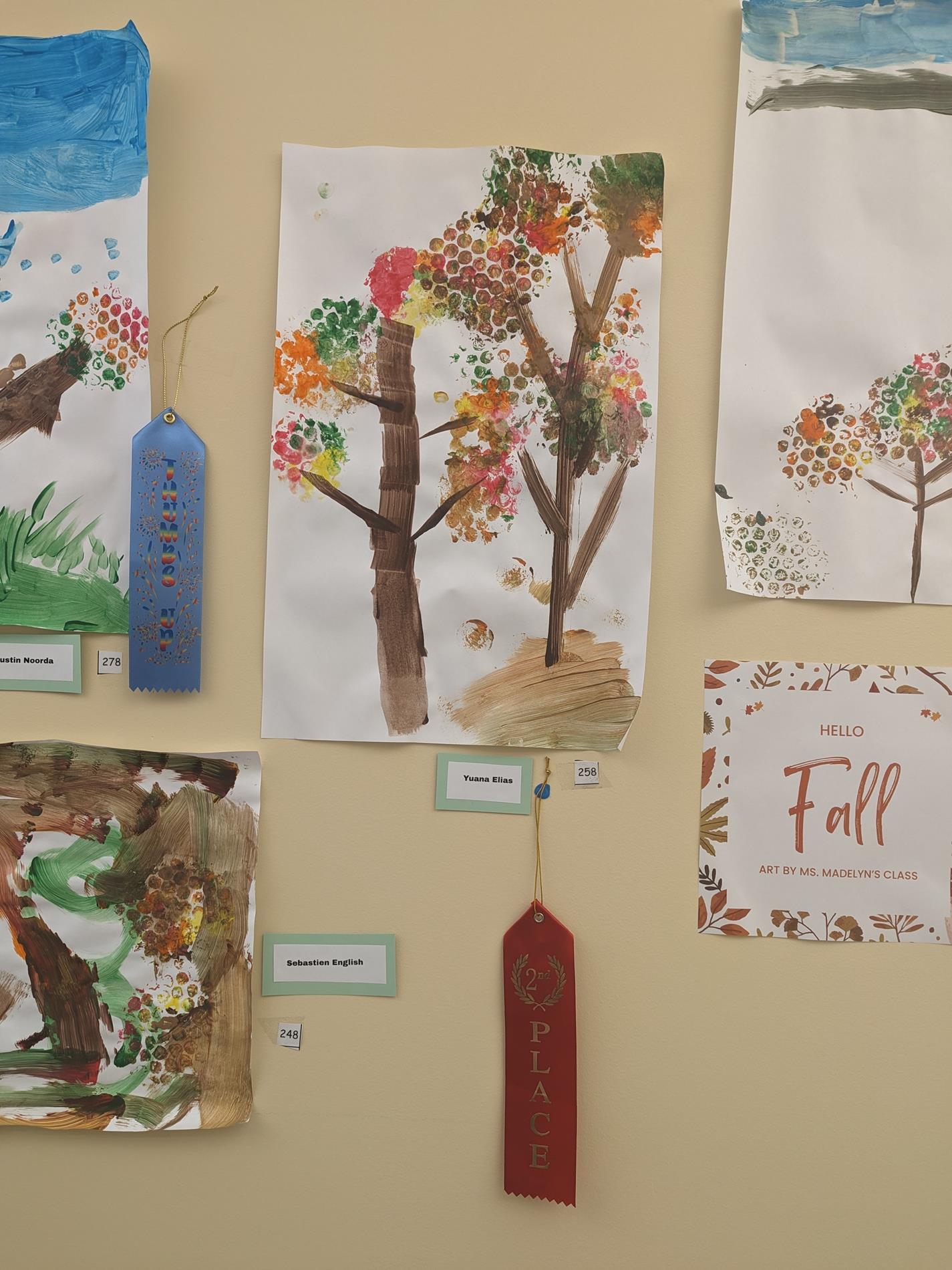Community School
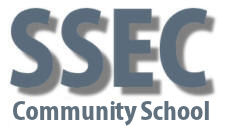
The Community School is located in at 75 Abington St., Hingham
Community School Contact:
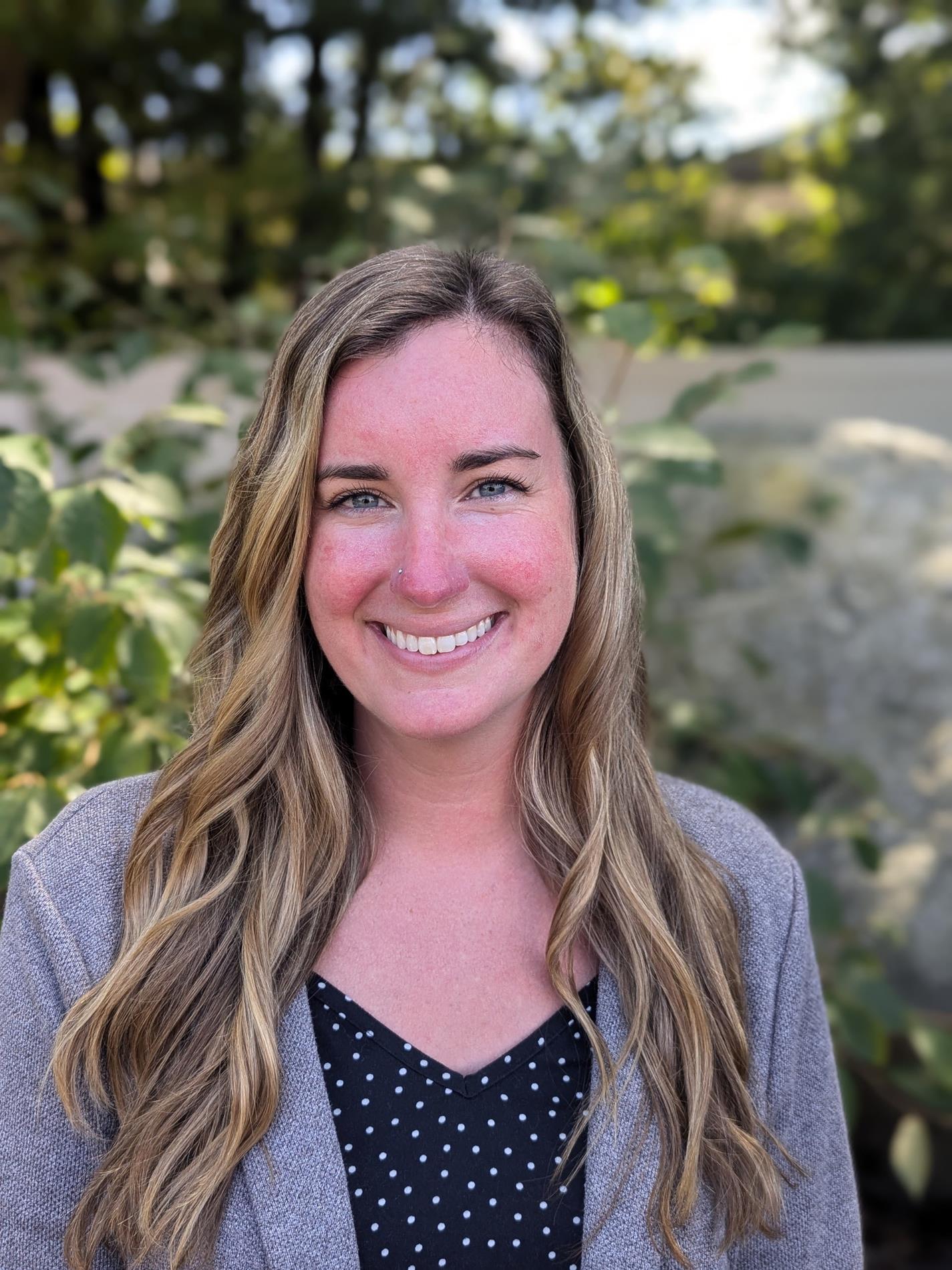
Hannah Emery
Program Director
Community School
75 Abington Street, Hingham, MA 02043
781-740-1808 x1108
&
857-991-9302
Danielle Burke
Program Coordinator
Community School
75 Abington Street, Hingham, MA 02043
781-740-1808
Colleen Overstreet
Administrative Assistant
781-740-1808 x1107
Community School Information:
Community School Program hours from August/September to June are 9:00 AM to 3:30 PM. Half days are prescheduled and occur throughout the school year on Mondays. Half day dismissal is at 12:00 PM. These provide time for staff to engage in professional development.
See the 2023-2024 Half day schedule here.
The Community School offers a 6-week summer program that runs Monday through Thursday, 9:00 AM to 2:45 PM. Participation in the summer program is determined through the team process.
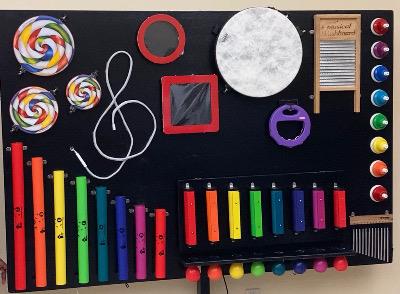
Music wall generously created by Enabling Engineering at Northeastern University
The Community School is a day school that provides educational services to students ages 3-21 with severe and multiple disabilities who may also have complex medical needs and require behavioral support. The Community School supports the diverse needs of each student using adapted curricula with an emphasis on functional academics. Additional areas of focus include communication, activities of daily living, social/emotional development, self-determination, adaptive behavior, vocation and leisure/recreation skills. Individualized accommodations and modifications are identified based on student assessment and data analysis and include an extensive use of assistive technology to improve access, engagement and understanding. Content is individualized as appropriate and presented utilizing a variety of methodologies.
Services Offered
Occupational Therapy
Physical Therapy
Speech & Language Pathology
Assistive Technology
Music Therapy (Group)
Vision & Orientation & Mobility Services
Deafblind Accommodations
Adapted Physical Education (Group)
Behavioral Supports
Community Based Instruction & Vocational Development
Recreation Activities (e.g. Field Trips, Therapeutic Riding, Yoga, Access Sail)
Home Based Consultation
Equipment clinics with a variety of vendors including: wheelchair repair, splinting, equipment evaluation & trial
